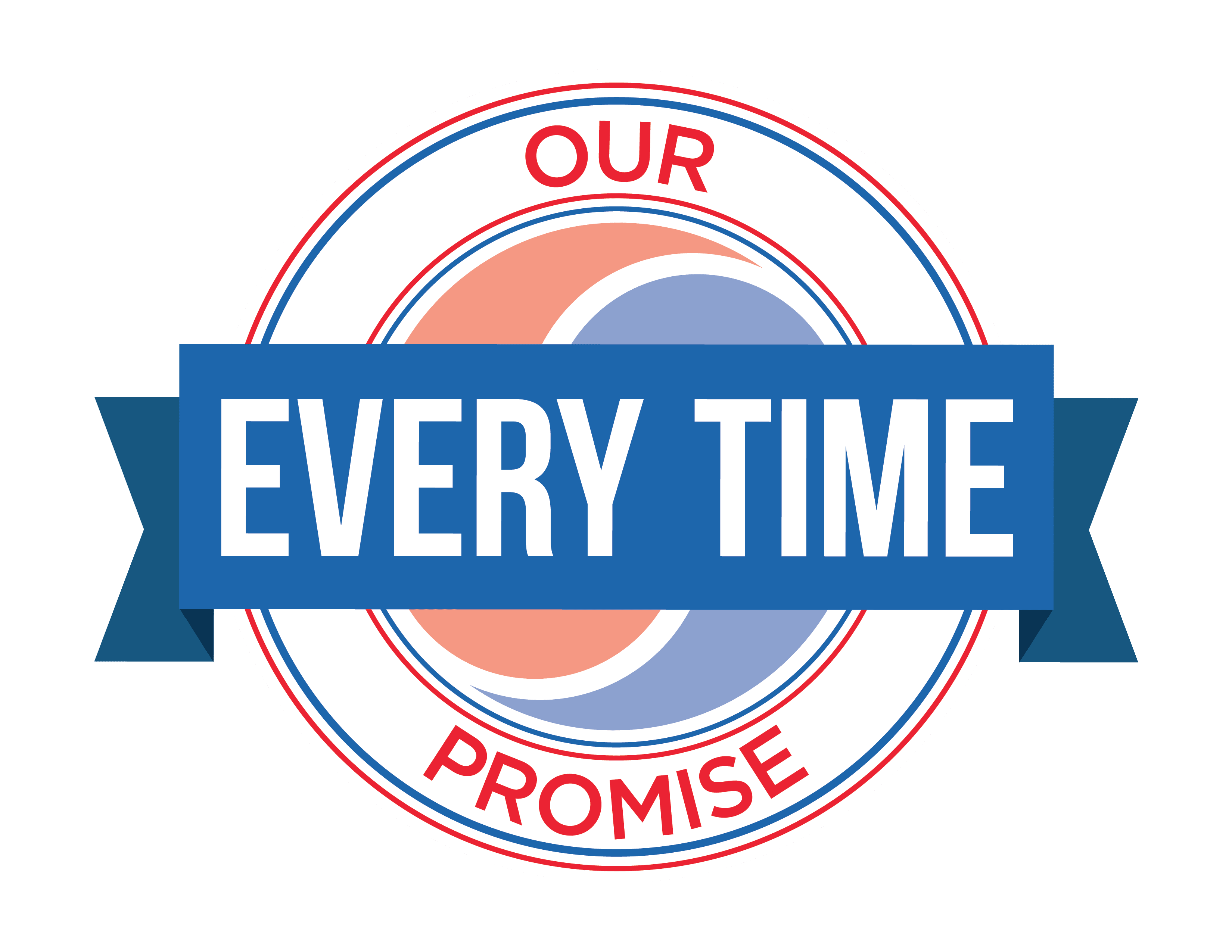For homeowners, managing household expenses is a top priority, and one area where you can make a significant impact is your water bill. Water is a precious resource, and saving on your water bill not only benefits your wallet but also contributes to environmental conservation.
Here are 17 smart tips to help you reduce your water consumption and lower your water bills.
Indoor Water-Saving Tips
1. Fix Leaks Promptly
One of the most common reasons for high water bills is leaks in your plumbing system. Even small drips can add up over time. Regularly check for and repair leaks in faucets, pipes, and toilets. A dripping faucet can waste hundreds of gallons of water a year. If you ever see a spike in your water bill, immediately start checking your system for leaks.
2. Install Water-Efficient Fixtures
Consider replacing old, inefficient fixtures with water-saving alternatives. Low-flow toilets, aerated faucets, and high-efficiency showerheads can reduce water usage without sacrificing performance. Look for fixtures with the WaterSense label, indicating they meet EPA water efficiency standards.
3. Upgrade Your Appliances
Modern appliances, such as dishwashers and washing machines, often come with water-saving features. When it’s time to replace your old appliances, opt for energy-efficient models that use less water per cycle. Front-loading washing machines are known for their water efficiency.
4. Limit Shower Time
Shortening your shower time by just a few minutes can save a significant amount of water. Use a timer or play your favorite song to help you keep track. Additionally, consider installing a low-flow showerhead, which can reduce water usage without sacrificing water pressure.
5. Turn Off the Faucet While Brushing & Shaving
Turning off the tap while brushing your teeth can save eight gallons of water per day and, while shaving, can save ten gallons of water per shave. Assuming you brush your teeth twice daily and shave five times per week, you could save nearly 5,700 gallons per year. Simply turn on your faucet only when you need it, then shut off immediately.
6. Fix Running Toilets
A running toilet can waste hundreds of gallons of water per day. Check for running toilets regularly and repair them promptly. Usually, it’s a faulty flapper or valve that needs replacement.
7. Scrape Dishes Instead of Pre-Rinsing
If you have a dishwasher, use it! Letting your faucet run for five minutes while washing dishes can waste ten gallons of water and use enough energy to power a 60-watt light bulb for 18 hours.
When loading your dishwasher, scrape off the big food scraps into the garbage instead of pre-rinsing dishes. Modern dishwashers are designed to handle dirty dishes without the need for excessive water use. Ensure your dishwasher is fully loaded before running it to maximize efficiency.
8. Insulate Hot Water Pipes
Insulating hot water pipes can help reduce the time it takes for hot water to reach your faucets, which means less water is wasted while waiting for it to heat up. You can find inexpensive pipe insulation at your local hardware store.
9. Educate Your Household
Ensure everyone in your household is aware of the importance of water conservation. Encourage family members to adopt water-saving habits, such as turning off the tap while brushing teeth, fixing leaks, and using appliances efficiently.
Outdoor Water-Saving Tips
10. Use the Automatic Car Wash
While we salute your DIY attitude toward washing your own car, automatic car washes use significantly less water than you do washing your car at home. You could lower your water bill and save up to 100 gallons of water by letting the car wash handle the job.
11. Collect Rainwater
Set up rain barrels or a rainwater harvesting system to collect rainwater from your roof. You can use this water for outdoor irrigation, reducing the need to use tap water in your garden. This eco-friendly approach also reduces stormwater runoff.
12. Water Plants Wisely
When watering your lawn or garden, do it early in the morning or late in the evening to minimize evaporation. Use a soaker hose or drip irrigation system to target the roots and avoid wasteful runoff. Group plants with similar water needs together in your garden to optimize irrigation.
13. Implement a Watering Schedule
Create a watering schedule based on your climate and the needs of your plants. Overwatering can be as harmful as underwatering, so aim for the right balance. Use a rain gauge to measure how much rain your garden receives to adjust your watering schedule accordingly.
14. Install a Smart Irrigation System
Consider investing in a smart irrigation system that uses weather data to adjust watering schedules automatically. This ensures your plants receive the right amount of water at the right time. Smart systems can also be controlled remotely via smartphone apps.
15. Reuse Greywater
Greywater is gently used water from sinks, showers, and washing machines that can be reused for irrigation. Install a greywater system to recycle water within your home. Be sure to follow local regulations and guidelines when using greywater.
16. Plant Native or Water-Efficient Plants
Consider replacing part of your lawn with drought-resistant or native plants that require less water. Native plants have adapted to the environment and will need little additional watering as they rely on the typical weather patterns your area provides. Xeriscaping, a landscaping method that focuses on water conservation, can significantly reduce outdoor water usage.
17. Use a Pool Cover
If you have a swimming pool, use a pool cover to prevent water evaporation. A 33 by 18-foot pool can lose approximately 600 gallons of water a week to evaporation. A pool cover can reduce the need to top up your pool frequently. Additionally, ensure your pool is properly maintained to avoid water loss due to leaks.
Lowering your water bill doesn’t have to involve drastic lifestyle changes. By implementing these 17 water-saving tricks, you can make gradual improvements that will lead to long-term savings and a more eco-friendly home.
Remember that small changes can have a big impact, not only on your finances but also on the environment. So, take the first step towards reducing your water consumption and enjoy the benefits of lower water bills while contributing to a sustainable future.
Do you need help installing water-efficient fixtures or need toilet repairs? Contact Fayette Heating & Air for expert plumbing services in Elsemere, Lexington, and Western Kentucky.


 Skip to content
Skip to content


